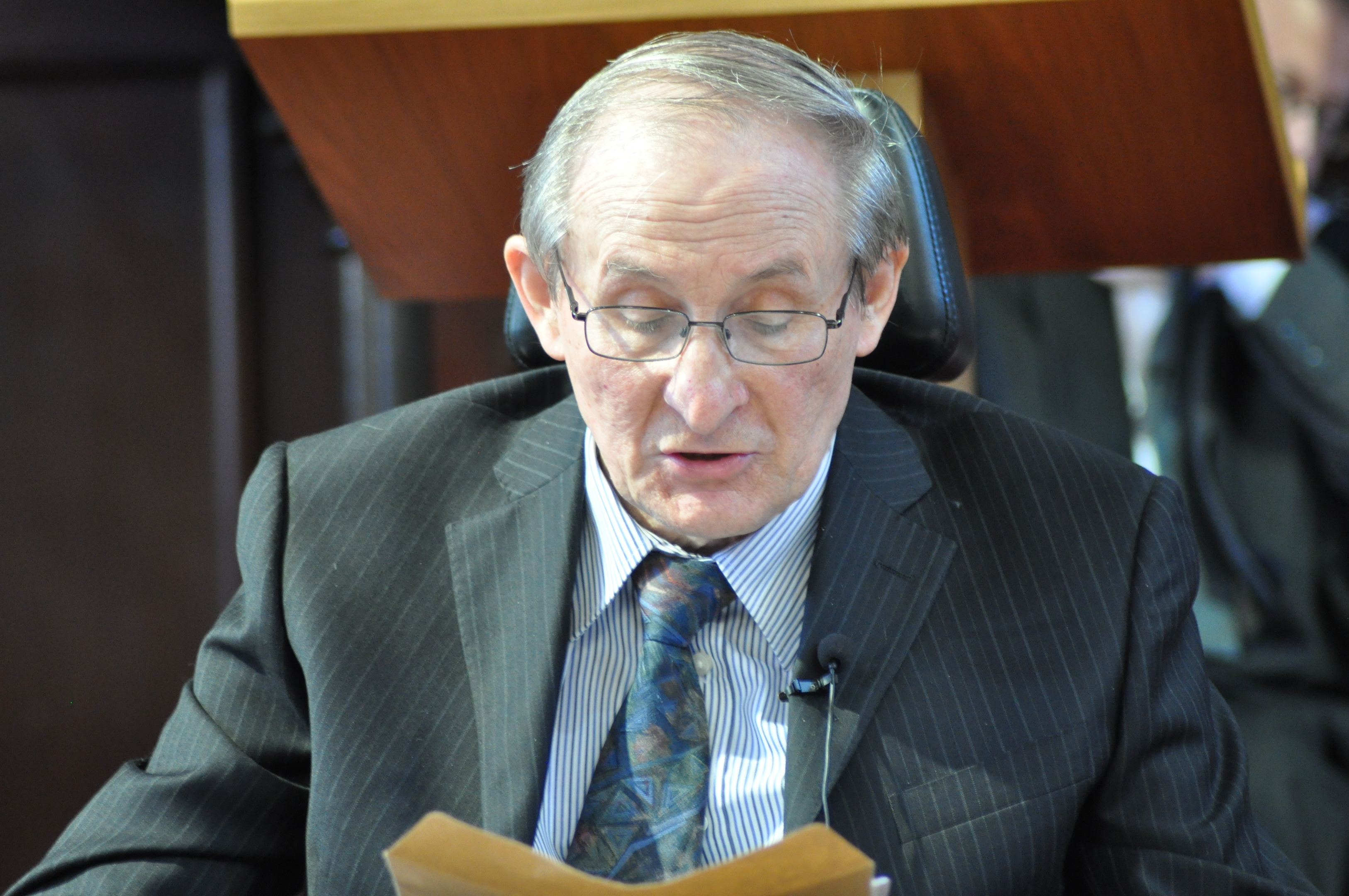The Free Church of Scotland has claimed an opt-out system for organ donation would be “something akin to a tax imposed by the state” on people’s bodies after death.
The Rev Dr Donald MacDonald, a former surgeon and MS sufferer who uses a wheelchair, said proposals for a “soft” opt-out system in Scotland would mean in effect “that the state claims to have ownership of our bodies after death unless we consciously reject this while alive”.
He suggested increasing the number of nurses who are specially-trained on organ donation and improving education in schools would be a better way of boosting the number of organs that are made available for transplant.
The former Free Kirk moderator, who grew up in Kildonan, Sutherland, made the comments in response to Glasgow list Labour MSP Anne McTaggart’s proposed members bill, which seeks to change the law to introduce an opt-out system.
The proposed Organ and Tissue Donation (Scotland) Bill sets out that all adults would have to register if they did not want their organs to be used for transplant after their death.
After someone died, their family would also be consulted to see if they objected to donation but had failed to register.
The opt-out system would not apply to youngsters under the age of 16, who would continue to be able to opt in as potential donors.
Ms McTaggart said: “The aim of this bill is to introduce a ‘soft opt-out’ system of posthumous organ donation in Scotland.
“With this reform we could truly tackle the shortage of organs available for transplant in Scotland – this would ultimately save lives.”
But Dr MacDonald, 70, of Edinburgh, said: “Presumed consent in an opt-out system is based on the unfounded assumption that every single person who has not opted out was aware of the opt-out provision and has consciously taken a decision not to opt out.
“This is no consent at all and a donation on this basis is not a donation but something akin to a tax imposed by the state.
“It means that the state claims to have ownership of our bodies after death unless we consciously reject this while alive.”
Orkney Liberal Democrat MSP Liam McArthur said he wanted as many people as possible to have their say on the issue.
He added that he was “not surprised” a proposal had been brought forward because demand for suitable organs has consistently outstripped availability over recent years.
